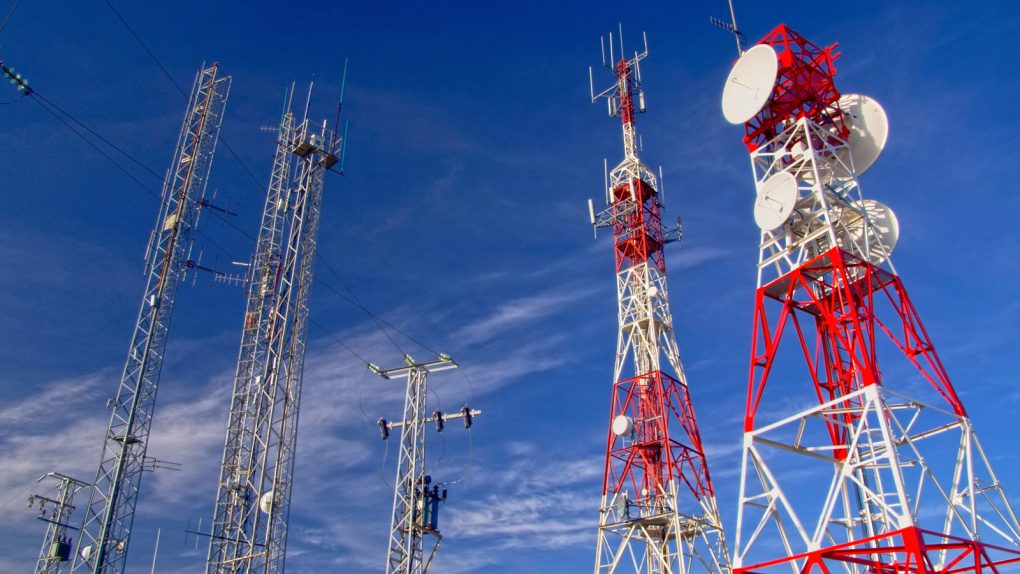Just last week, analyst reports from Wall Street investment firms highlighted the fact that revenues for wireless networks are going up rather than down for a change. We pointed out that what’s good for Wall Street isn’t necessarily good for the consumer, and new data from the Labor Department, highlighted by the WSJ, definitively shows that those wireless company revenue increases are coming right out of your pocket.
The consumer-price index for wireless phone service, a government-calculated metric for the price of cell service, is up 0.3% in June 2018 compared to a year earlier. That might seem like an insignificant difference, but technology improvements and competition have traditionally pushed that metric down, not up; the last such increase was in July 2016, nearly two years ago.
What’s more, the price increase makes little sense when you consider the stage we’re at with wireless network infrastructure. 4G LTE is now a mature technology, and wireless companies have stopped scrambling to build out entirely new networks. Capital expenditure has been relatively constant for the last five years, and while 2017 was slightly up on 2016 in terms of spending, it wasn’t enough to warrant a significant increase in prices. Yes, networks are putting in the ground work for 5G networks, but you can be sure that consumers are going to be paying the premium to access those 5G networks when they come online. Without major increases in 4G LTE investment, carrier price increases are just squeezing the last drop of juice from a network that’s about to be overhauled.
The biggest factor in those increased prices has been a cooling-off of the price war between T-Mobile and Sprint. In related news, T-Mobile and Sprint have announced plans to merge, something that critics have said is going to increase wireless prices going forward, which T-Mobile and Sprint have stridently denied. This could be a giant coincidence, but really, it’s a live demonstration of what analysts have been saying all along: Removing the competition between T-Mobile and Sprint reduces price pressure across the entire industry, which will slowly allow prices to creep up across the board.










